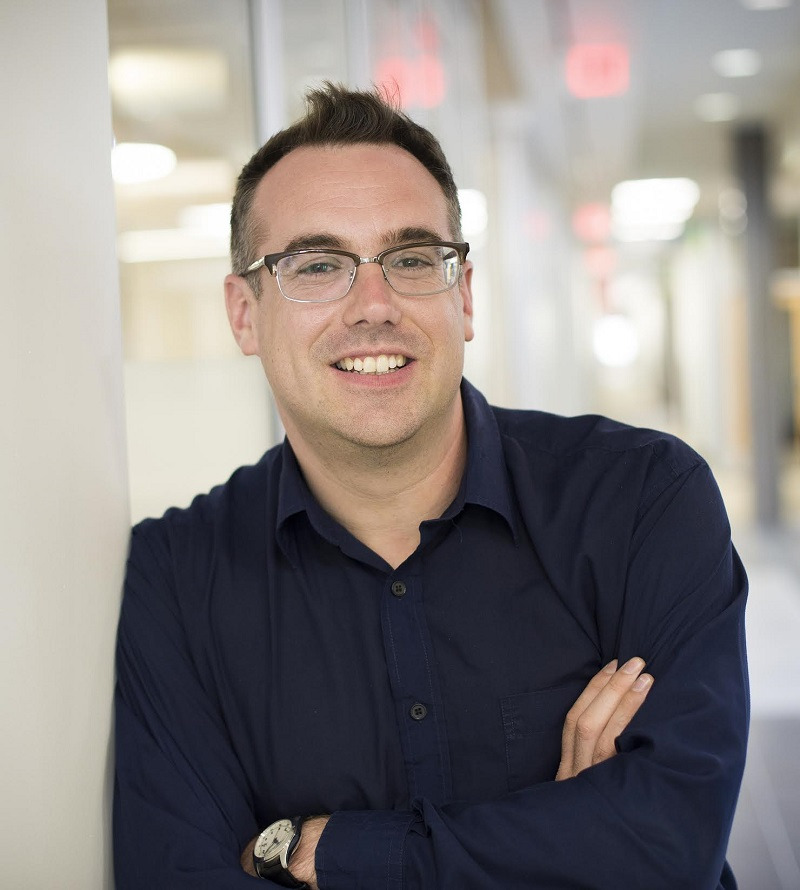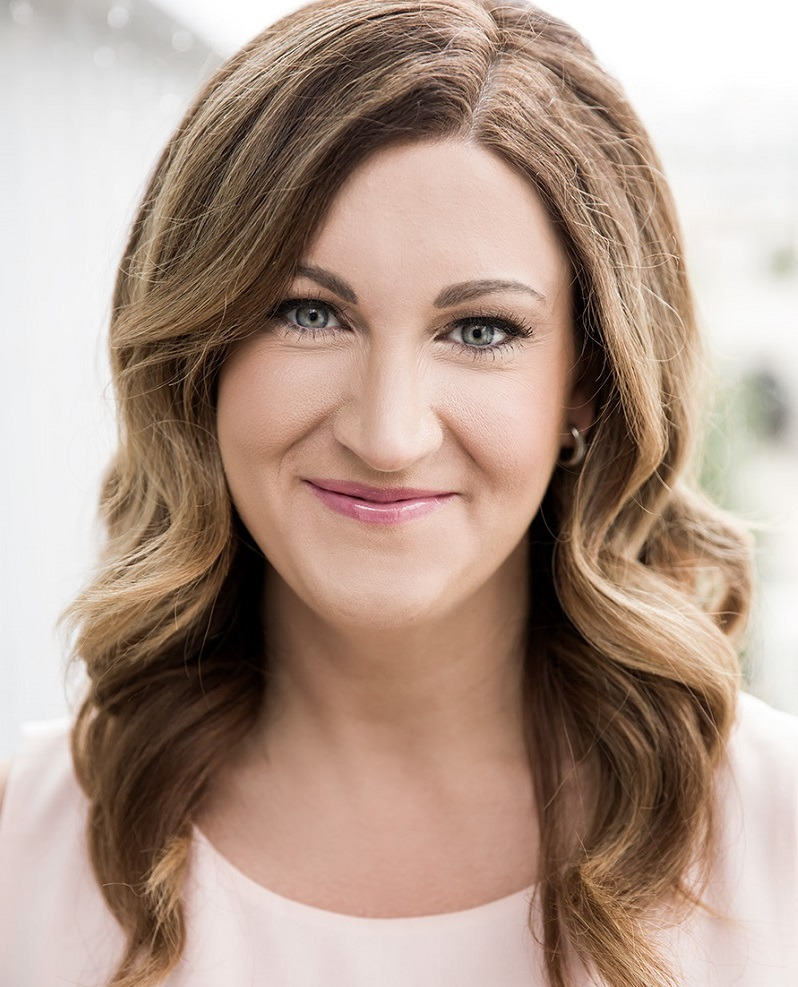You are here
Meet the authors Alexander Clark and Bailey Sousa

For Alex Clark and Bailey Sousa writing How to be a Happy Academic was a no-brainer. Its aim is to help academics hone their skills, showcase their strengths, and manage all the professional aspects of academic life. Both Alex and Bailey are passionate about the well-being of academics and want to provide support throughout your academic career. We caught up with both to find out more about their secrets and their motivations behind their working life.


What inspired you to write a book encouraging academics to focus on their happiness and success?
Academic work is too challenging and our lives and health too important not to think and act on being happy. During the early stages of our own work, all over the world, we heard clearly from students and academics of their struggles, their successes, and their fears. We saw so much talent, but also a great need for far more discussion about success and happiness in academic workplaces.
The health and well-being of students and academics continues to deteriorate yet academic support for doing and sustaining great work have never been more important but also scarce. We really wanted to make a difference by writing a book that brought together the best of research and theory from across disciplines to help all those who do academic work to do great academic work but also sustain deeper satisfaction and well-being.
Why is it so important to be a happy academic?
Being a happy academic is important because this work is so difficult, so demanding of ourselves, and also so competitive. But being happy helps us do better work. Expectations around academic work continue to rise and diversify across the world. Academic work is uniquely challenging and there are many, many choices about what to prioritize and how to spend our time. So many external factors influence our work success, yet all we can really influence is how we see things and what we choose to do. This provides a vital and sustaining impetus which allows the strongest bases for meeting the demonstrable challenges of doing academic work well.
What advice would you give to an early career academic taking their first steps in a long career?
We recommend building your career and actions on your values. To do this you must first be very clear about what those values are: your own ‘big why’ which underpins the reasons why you chose academic work in the first place, and what impact/influence you want to have from this work. Holding on and returning to this big why as you navigate your long career, it’s successes and it’s failures, provides the most enduring of foundations.
Secondly, prioritizing doing the right things is essential. Often early career academics can be sucked into thinking and believing that emails and meetings, as well as a plethora of other ‘busy-work’, are productive and/or necessary uses of time to further their work. But these detract from the work, stop us from fully realizing our potential, and can even blind us from seeing what the right things are to advance our work. For example: we hear a lot that many academic workplaces focus on working long hours and visibly doing so, but nothing could be less effective then prioritizing work inputs over outputs. We encourage early career academics to come out of the effectiveness closet and proclaim themselves as advocates for effectiveness – working better not working longer.
You hold workshops regularly helping academics be more effective - what are your key takeaways that most academics need to focus on?
Academic work involves so many complex trade-offs and choice: it’s usually demanding intellectually and often so nebulas. Yet, paradoxically, what makes good academic work happen is the anti-thesis of this. Effective academic work will NOT HAPPEN BY MAGIC. It requires specific approaches to handling daily mundane tasks, in this way, approaches to work are necessary that are highly disciplined and even formulaic.
Our workshops and book provide the process, tools, and resources to help make successful academic work possible. Most importantly, to:
- Acknowledge the importance of values in academic work
- Utilize our Success Pyramid to identify your personal Success Indicators and work towards them
- Focus on priority, not time management
- Develop The Core skills that will help across all academic work
All too often a myriad of external factors make our work difficult while academics themselves are unaware of all of the resources that they can draw on to help them realize their visions for the work.
However, thriving in academic work, despite these external factors, only ever starts with you! Because in the midst of all of the factors that influence the success and failure of our work we control only two: how we see things and how we act. The complexities of work related to its extreme nature, other people, and other organizations will always be there. This is a given. Prioritizing our focus on what we truly can influence is tremendously empowering: it provides a lens to see obstacles as opportunities, failure as a helpful friend, and every experience as a chance to grow. Academic work will always be difficult, but by focusing on ourselves we provide the strongest foundation for ourselves and our work.
Alex Clark is the Associate Vice President (Research) at the University of Alberta, and World Economic Forum Young Global Leader. He fulfils leadership roles with a number of national research funding bodies across Canada. He regularly writes on academic career development, growth, and leadership, and along with Bailey has led workshops all over the world for a decade for researchers from all career stages on academic effectiveness, writing, and research skills. He speaks nationally and internationally to young scientists from across disciplines on academic career issues, including skills, teamwork, and mentorship.
Bailey Sousa is the Director of the International Institute for Qualitative Methodology (IIQM) based at the University of Alberta, an entrepreneur and workplace effectiveness advocate. Bailey has worked as a team leader managing complex projects for over a decade in a variety of entrepreneurial ventures and roles in corporate, social enterprise, and academic settings. Bailey’s interests and contributions relate to workplace and academic effectiveness, leadership, and teamwork in complex settings; along with Alex, she facilitates workshops all over the world in this area.
Follow Alex and Bailey on Twitter:
@DrAlexMClark
@BaileySousa
#HappyAcademic
To find out more about their workshops and Effective Academic program check out the Effective Academic website. Through workshops, publications and How to be a Happy Academic, they support academics from all over the world to engage with and harness the best and latest thinking, research and approaches to help them to be effective in the new realities of the modern university.